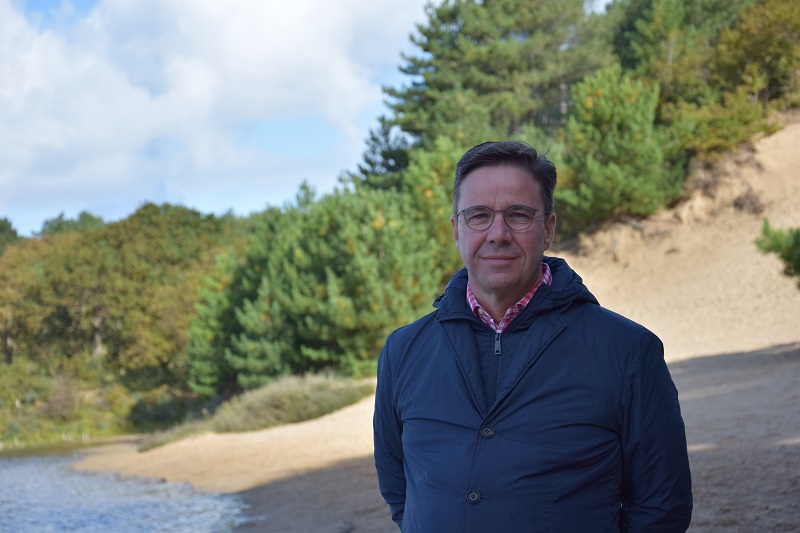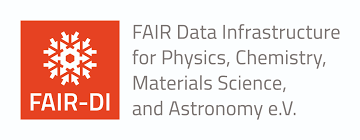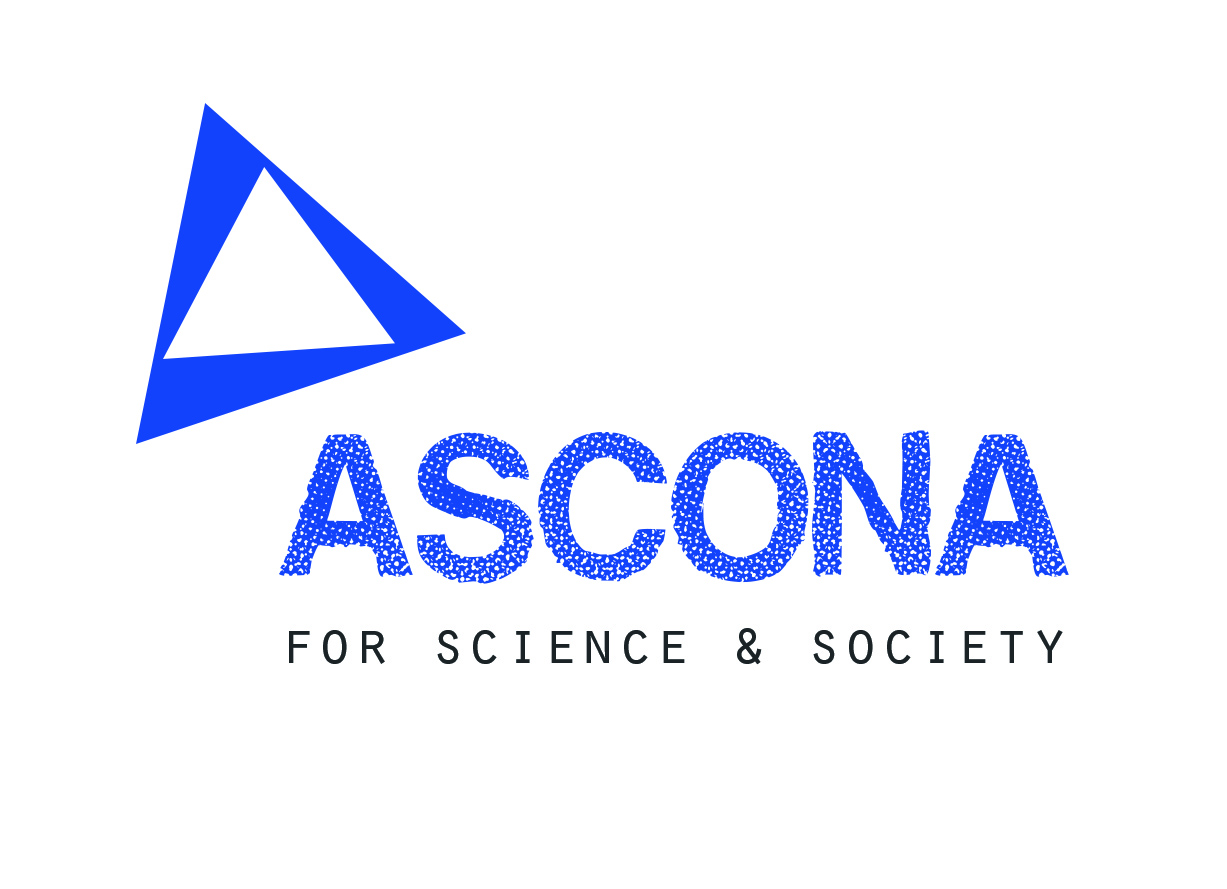ASCONA performs several roles in technology alliances for tech and end user companies
ASCONA
ASCONA facilitates alliances between technology partners and end-users of technology, at times with involvement of universities. It operates from an independent position and leverages a network that is built on trusted relationships in the corporate sector on management and specialist level. Besides, from a rich circle of worldclass scientists.
Initiating and guiding collaborations and alliances
With extensive experience and a background at the intersection of industry and science, encompassing both applied and fundamental aspects, ASCONA can deploy its knowledge, skills, and network to assist in establishing national and international technology alliances for the industry, partnering with both private and academic knowledge entities, and, if requested, providing guidance throughout the process.
Connecting industry to science
ASCONA connects and communicates between science and industry. Both private companies as well as academic research groups contemplate how new scientific insights can become valuable components for medium to long-term innovations. ASCONA excels in establishing the right connections between the industry and these new scientific insights, as well as with private technology partners.
Activating approach
ASCONA addresses and activates a variety of disciplines in research: science & technology, social sciences such as law, ethics & governance with technological domains - e.g. infrastructure and data science. Engaging science cases requires administrative and organisational support and, consequently, a realistic route to taylor-made funding.
Research and innovation
Research feeds long-term innovation. ASCONA creates connections around research that lead to innovation within several technological domains, i.e. energy-efficient computing of the future.
Talent
In order to attract and keep talent, it is key to maintain excellent research in the Netherlands. An excellent research and innovation climate pulls top talent from around the world. Academia and industry benefit from a top talent pool.

ASCONA is founded by Alexander Brink

FAIR-DI
FAIR-DI eingetragener Verein is a Dutch-German collaboration for making data resting in large scientific repositories in the fields of materials, physics, chemistry and astrophysics available to science, society and ultimately industry as well.
Go to the FAIR-DI website

Faculty of Science and HFML-FELIX lab @Radboud University Nijmegen
The High Field Magnet Lab (HFML) and the Free Electron Laser for Infrared eXperiments (FELIX) is an international research facility for material and molecular sciences, operating on a globally superior level (Nobel Prize for the discovery of graphene, 2010). This second-largest research facility in The Netherlands combines strong magnets and free-electron lasers.
Go to the HFML-FELIX website

DOME
From 2011 until 2018, IBM Research Zurich, Switzerland, has collaborated with ASTRON, the Dutch scientific instituter for radio astronomy. In February 2012, the collaboration formally kicked off as the DOME Project. It involved co-ordinated research into new (post-Moore’s Law) computational technology, low-energy computing and conducting, and the transport of massive amounts of data by using nano-photonics.
See: technical abstract








